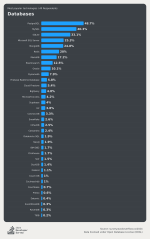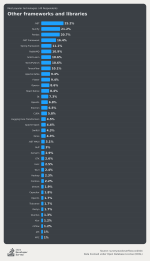I am thinking about learning MS Access, but I have doubts because of the rise of AI. AI can now write complex queries, process data instantly, and provide high-speed results based on simple prompts. Given this, I’m wondering—is it still worth learning MS Access?
My concern is that by the time I become skilled, AI will be 10 times better and faster than me. I don’t want to give up learning due to fear of AI, but I also don’t want to invest time in something that might become outdated.
How do I convince myself that learning MS Access is still valuable? Have experts here faced similar doubts? Would love to hear real experiences rather than just relying on AI-generated answers.
Looking forward to your insights! Please help with your valuable inputs if you get time.






:max_bytes(150000):strip_icc():focal(999x0:1001x2)/daylight-savings-time-236ecabd40a34d838ac8cf67e1a5f4dc.jpg)